The Impact of Climate Change on Ecosystems: A Call to Action
Nature WorldWide November 11, 2023 0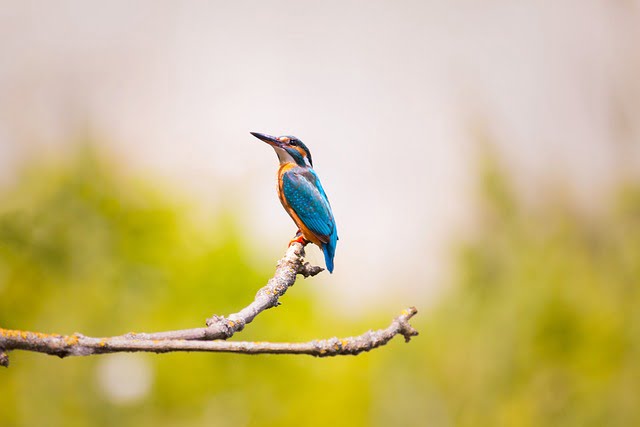
Climate change, driven by human activities, is reshaping our planet at an unprecedented pace. One of the most significant and far-reaching consequences is its impact on ecosystems. From polar ice caps to tropical rainforests, no corner of the Earth is untouched. In this blog post, we delve into the profound effects of climate change on ecosystems and the urgent need for collective action.
Contents:
- Disruption of Habitats
- Biodiversity Loss
- Ocean Acidification
- Extreme Weather Events
- Rising Temperatures and Phenological Changes
- Impact on Human Livelihoods
Disruption of Habitats:
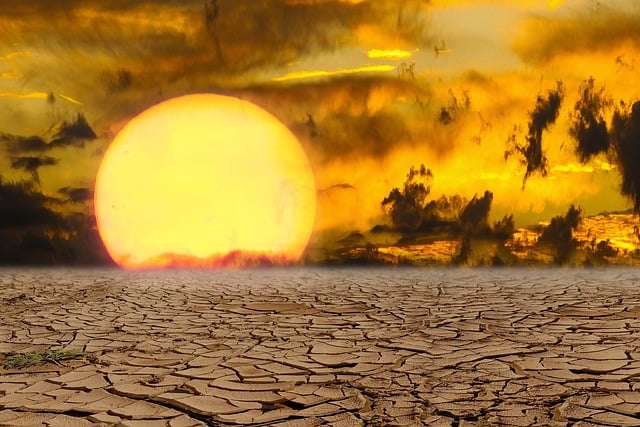
Climate change is altering temperature and precipitation patterns, leading to the disruption of ecosystems around the globe. Species that have evolved to thrive in specific climates are now facing challenges as their habitats change. Polar bears, for instance, are losing their sea ice habitats, impacting their ability to hunt and breed.
Read More: 10 Most Oxygen Producing Trees in India
Biodiversity Loss:
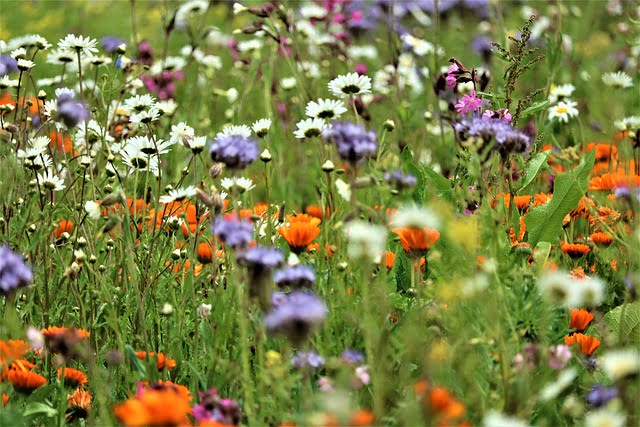
As habitats shift and face unprecedented challenges, many species are struggling to adapt or relocate. This has led to a rapid loss of biodiversity, with some species unable to survive in the changing conditions. The delicate balance of ecosystems is at risk, as keystone species decline and ecosystems lose their resilience.
Read More: 10 Importance of Animals in Our Life
Ocean Acidification:

The world’s oceans act as a crucial buffer against climate change by absorbing a significant portion of the excess carbon dioxide in the atmosphere. However, this comes at a cost. The absorbed carbon dioxide leads to ocean acidification, negatively impacting marine life such as coral reefs, shellfish, and various fish species.
Read More: Effect Of Climate Change On Earth
Extreme Weather Events:
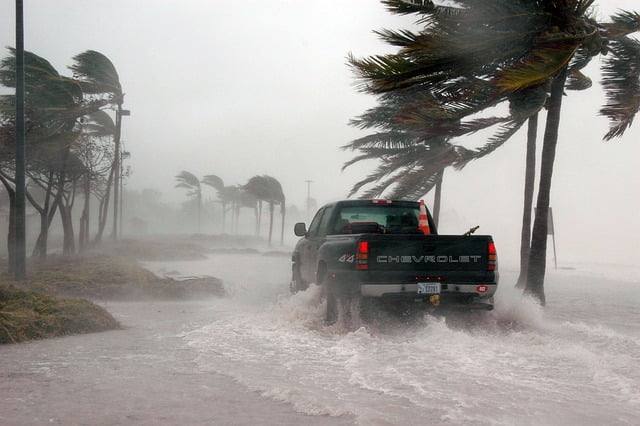
The frequency and intensity of extreme weather events, such as hurricanes, droughts, and wildfires, have increased due to climate change. These events can have immediate and lasting impacts on ecosystems, destroying habitats, and triggering cascading effects throughout food chains.
Read More: 5 Elements of Nature and Their Relation With the Human Body
Rising Temperatures and Phenological Changes:
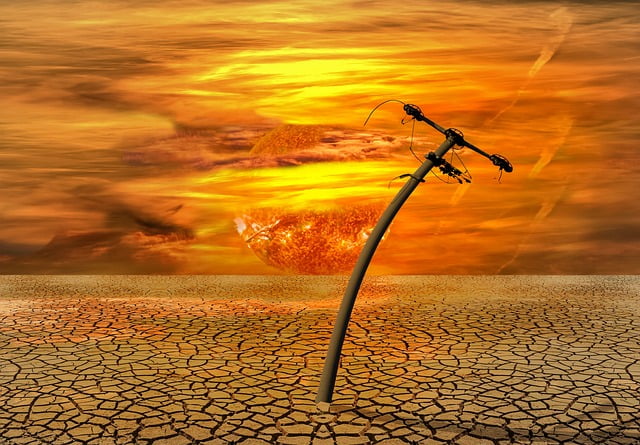
Temperature increases alter the timing of natural events, such as flowering, migration, and hibernation, in a phenomenon known as phenological changes. This disrupts the synchrony between species, affecting predator-prey relationships and the overall functioning of ecosystems.
Read More: 12 Effects of Natural Resource Depletion on Human Life
Impact on Human Livelihoods:
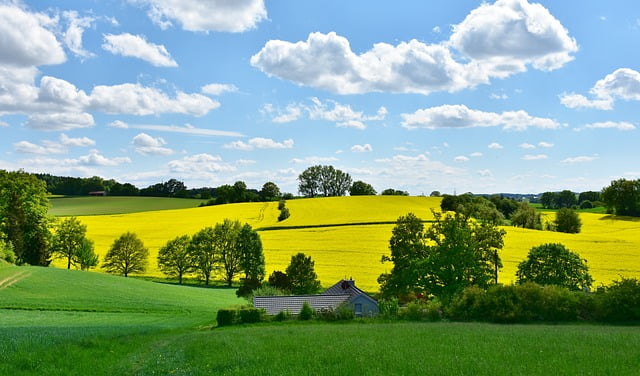
The health of ecosystems is closely linked to human well-being. Many communities rely on ecosystems for their livelihoods, whether through agriculture, fishing, or tourism. Disruptions to ecosystems can have profound consequences for these communities, leading to economic instability and increased vulnerability.
Read More: Imagining a World Without Mountains
Conclusion:
The impact of climate change on ecosystems is undeniable, and the urgency to address this global crisis has never been greater. As stewards of the Earth, it is our responsibility to take meaningful action to mitigate climate change and protect our planet’s diverse ecosystems. Whether through advocating for sustainable policies, supporting conservation efforts, or making individual lifestyle changes, each action contributes to a collective effort to safeguard the health of our planet for future generations. The time to act is now.




